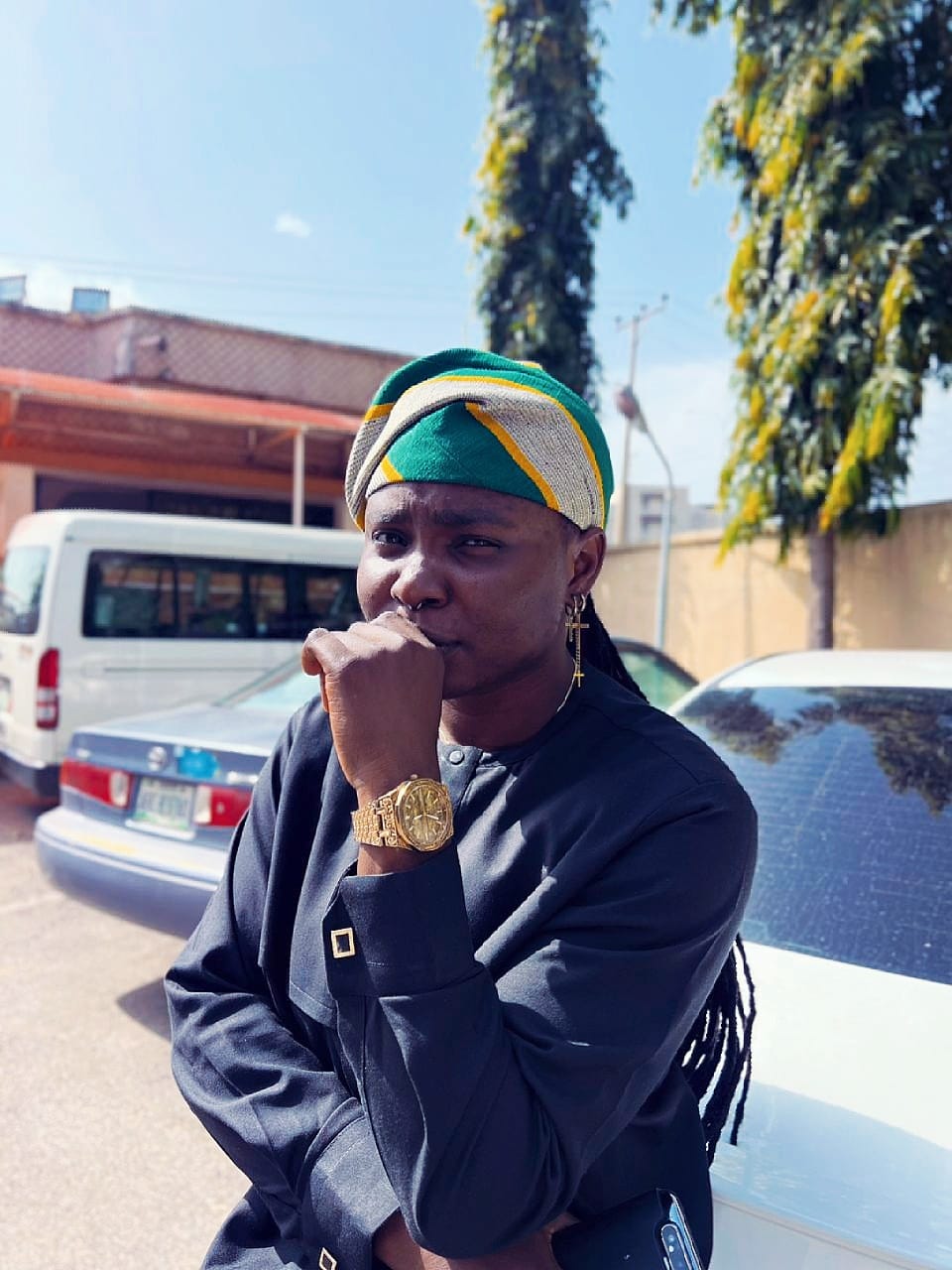
News
When Identities Collide
Play audio version
‘My disability, gender identity, and queerness are not separate parts of me. They are parts of what makes me whole.’
November 7, 2022
ABUJA, Nigeria – 32-year-old Olúwáṣeun Oníyídé Olútòni says she first became aware of the “otherness” people assigned to her during her formative years. “There was an unspoken family history where each child from the home attends the same school and performs tremendously well,” she says. “We were notably called ‘efiwé’ [genius], but that was not my case. I was stringing letters together in a meaningless way. I struggled with numbers and memory, I was behind in class, and was beaten repeatedly and thoroughly for being lazy.”
Oníyídé says navigating childhood with a learning disability was grueling, with no reasonable accommodations made for her. She describes one instance where, at their teacher’s urging, her classmates formed a circle around her and sang ‘olódo ràbàtà’ (loosely translated to mean with someone with low academic performance). While navigating school, family, and adolescence, Oníyídé was also getting reprimanded for her gender expression: “At 16, I had broken the standards of expected and assumed gender expression for a girl. I refused to wear skirts, do my makeup, or do my hair. I wore trousers, played football.”
With an estimated population of 206 million, Nigeria has over 25 million people with at least one disability. While there are few statistics on the demographics of disability in Nigeria, available evidence indicates that women are significantly more likely than men to be disabled. Northeast Nigeria also has the highest concentration of disabled people due to the insurgency there. However, what’s missing from available data is the intersecting and overlapping identities or experiences of persons with disabilities and the types of discrimination they experience.
Social and Legal Discrimination
In 2022, the Women’s Health and Equal Rights (WHER) Initiative conducted a study on the intersecting and lived experiences of LGBTQI+ persons with disabilities in Nigeria’s six geopolitical zones. The study highlighted critical gaps ranging from social and legal discrimination to inaccessibility. “Living at the intersection of several marginalized identities gave me a lens through which to view how different types of inequality frequently interact and exacerbate one another,” says Oníyídé. “I couldn’t choose between my learning disability or my gender identity. I couldn’t choose my sexuality. I felt the repercussions of both issues. My disability identity and being queer have influenced how I navigate the world, which is political and personal. I face discrimination on all three levels, and I cannot separate these identities from one another.”
The depth of inequality Oníyídé faced came with great losses of friends, school, and family. It also ushered her into a family she chose after she left her home when she was 20. She found her way into the NGO sector in Nigeria and currently works as the program officer for empowerment health and wellbeing at the WHER Initiative. “I have found my home and community,” she says. “I think that queer and disabled dissent has a lot of power.”
A Criminalized Identity
But while Oníyídé navigates the intersection of sexuality and disability, her identity is criminalized by Nigeria’s laws. She remembers when the president signed the Same-Sex Marriage Prohibition Act in 2014, banning any “public show of same-sex amorous relationship” in Nigeria. It was a historical moment that significantly increased the impunity and human rights violations committed against LGBTQI+ persons in Nigeria, including unlawful arrest, lynching, mob attacks, technologically assisted gender-based violence, and even death. “My disability, gender identity, and queerness are not separate parts of me; they are parts of what makes me whole,” says Oníyídé. “My human rights are not negotiable. There are no ifs, no buts, and no howevers.”
DJP Fellow Benedicta Oyèdayọ̀ Oyèwọlé is an intersectional feminist passionate about disability and women’s rights. She currently works as a program officer of diversity and inclusion at the Women’s Health and Equal Rights (WHER) Initiative, a nonprofit focused on promoting the rights and well-being of lesbian, bisexual, and queer (LBQ) women in Nigeria.
@2022 WHER. All rights reserved.
News From the Global Frontlines of Disability Justice
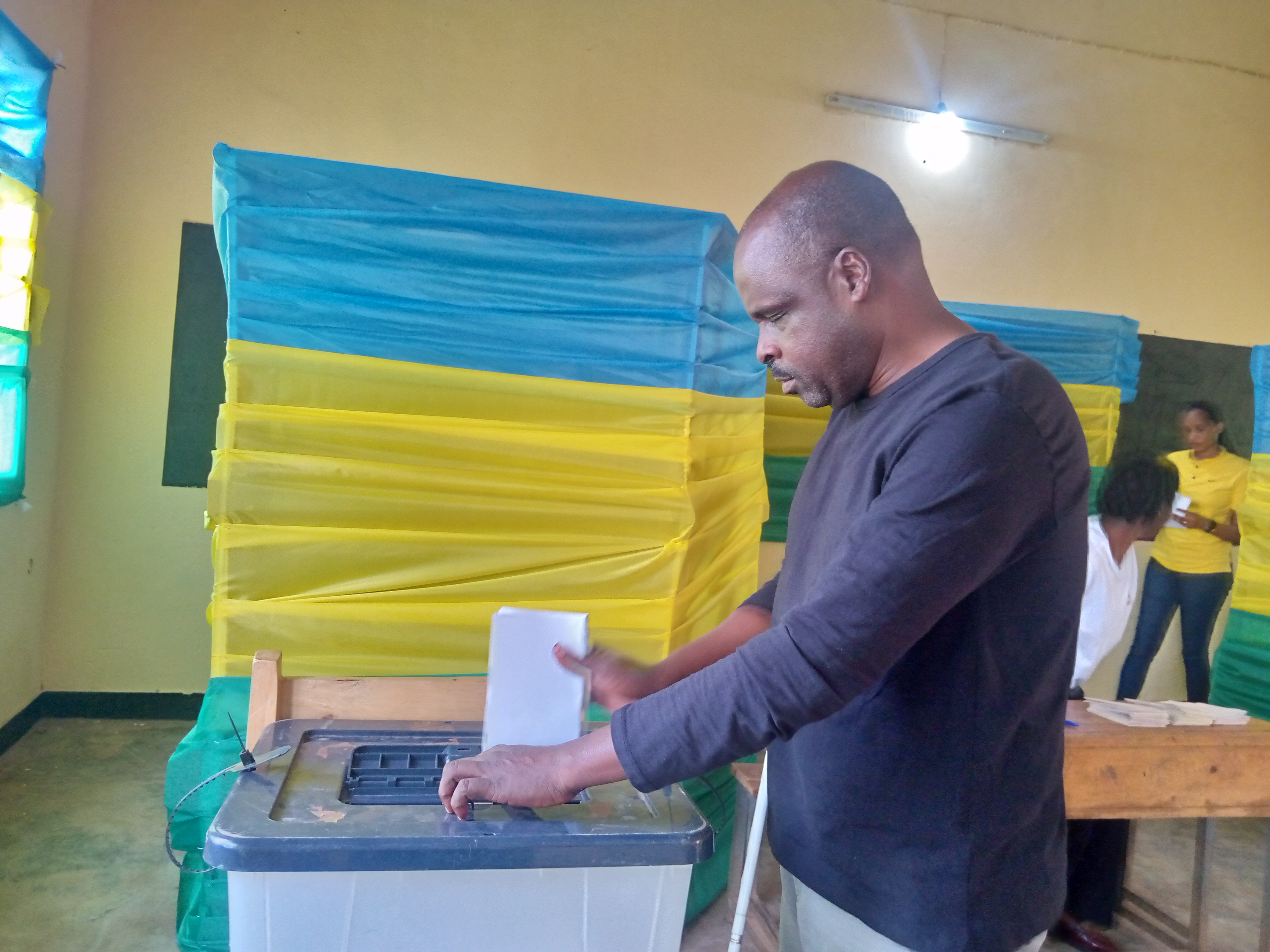
Advancing Democracy
Rwanda has made significant progress in making its elections more accessible, highlighted by the July 15 general elections where notable accommodations were provided. This was a major step forward in disabled Rwandans’ quest for equal rights and participation. “You cannot imagine how happy I am, for I have voted by myself and privately as others do accessibly,” says Jean Marie Vianney Mukeshimana, who used a Braille voting slate for the first time. “Voting is a deeply emotional and meaningful experience for a person with any disability in Rwanda, reflecting a blend of pride, empowerment, and hope.”
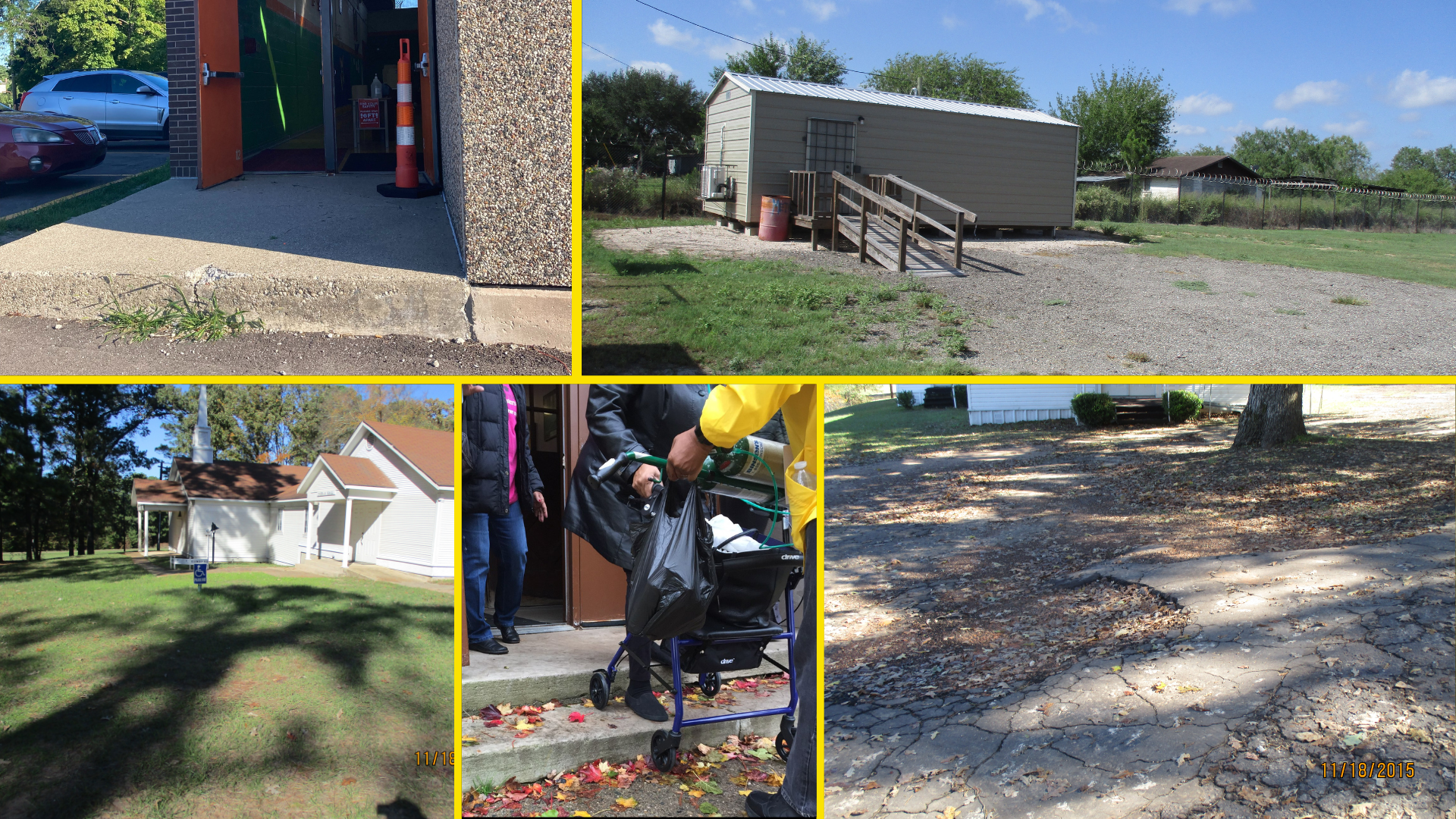
Barriers to the Ballot
Despite legislation like the Americans with Disabilities Act, barriers at the polls still hinder — and often prevent — people with disabilities from voting. New restrictive laws in some states, such as criminalizing assistance with voting, exacerbate these issues. Advocacy groups continue to fight for improved accessibility and increased voter turnout among disabled individuals, emphasizing the need for multiple voting options to accommodate diverse needs. ““Of course, we want to vote,” says Claire Stanley with the American Council of the Blind, “but if you can’t, you can’t.”
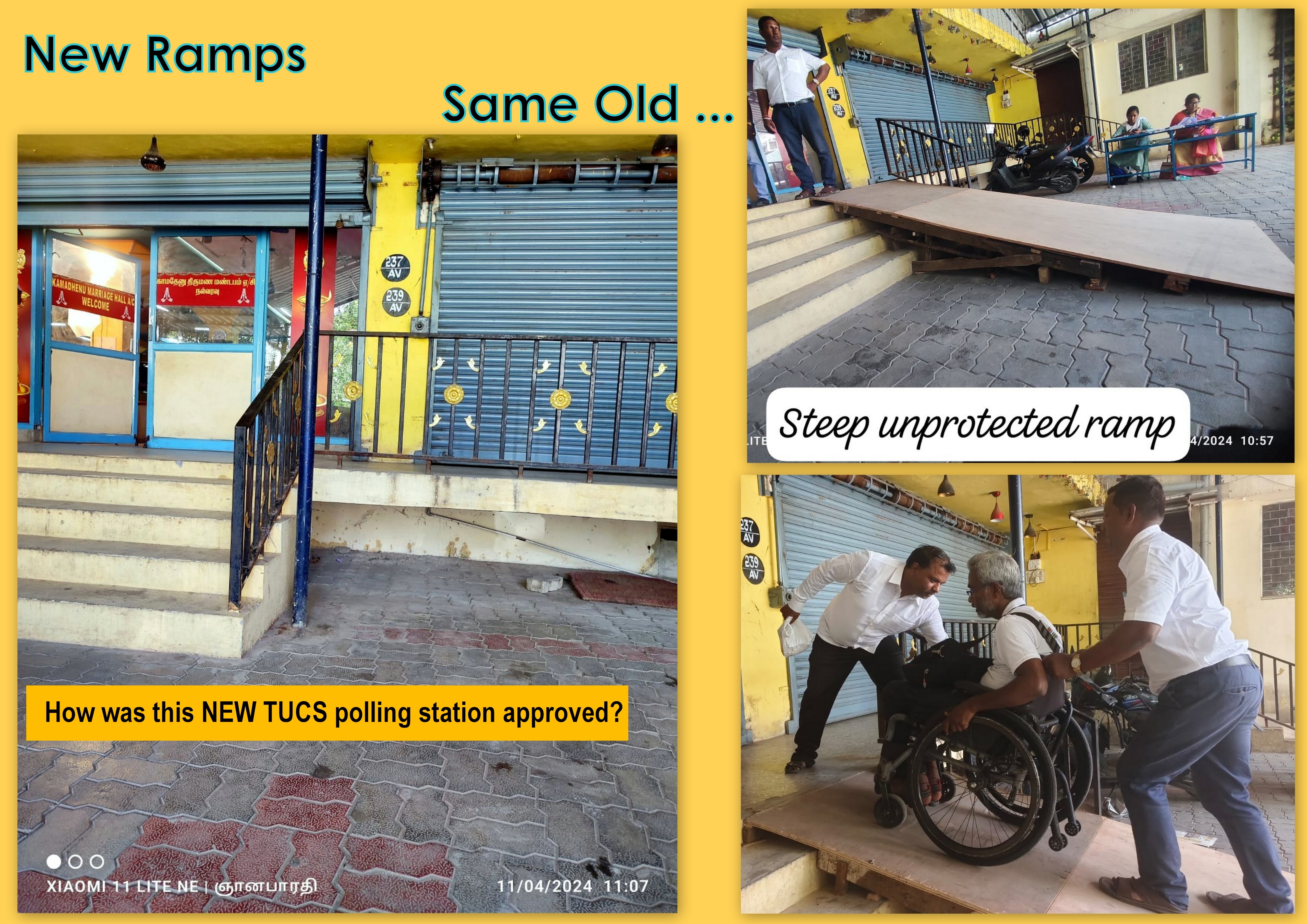
Democracy Denied
In 2024, a record number of voters worldwide will head to the polls, but many disabled individuals still face significant barriers. In India, inaccessible electronic voting machines and polling stations hinder the ability of disabled voters to cast their ballots independently. Despite legal protections and efforts to improve accessibility, systemic issues continue to prevent many from fully participating in the world’s largest democracy. “All across India, the perception of having made a place accessible,” says Vaishnavi Jayakumar of Disability Rights Alliance, “is to put a decent ramp at the entrance and some form of quasi-accessible toilet.”
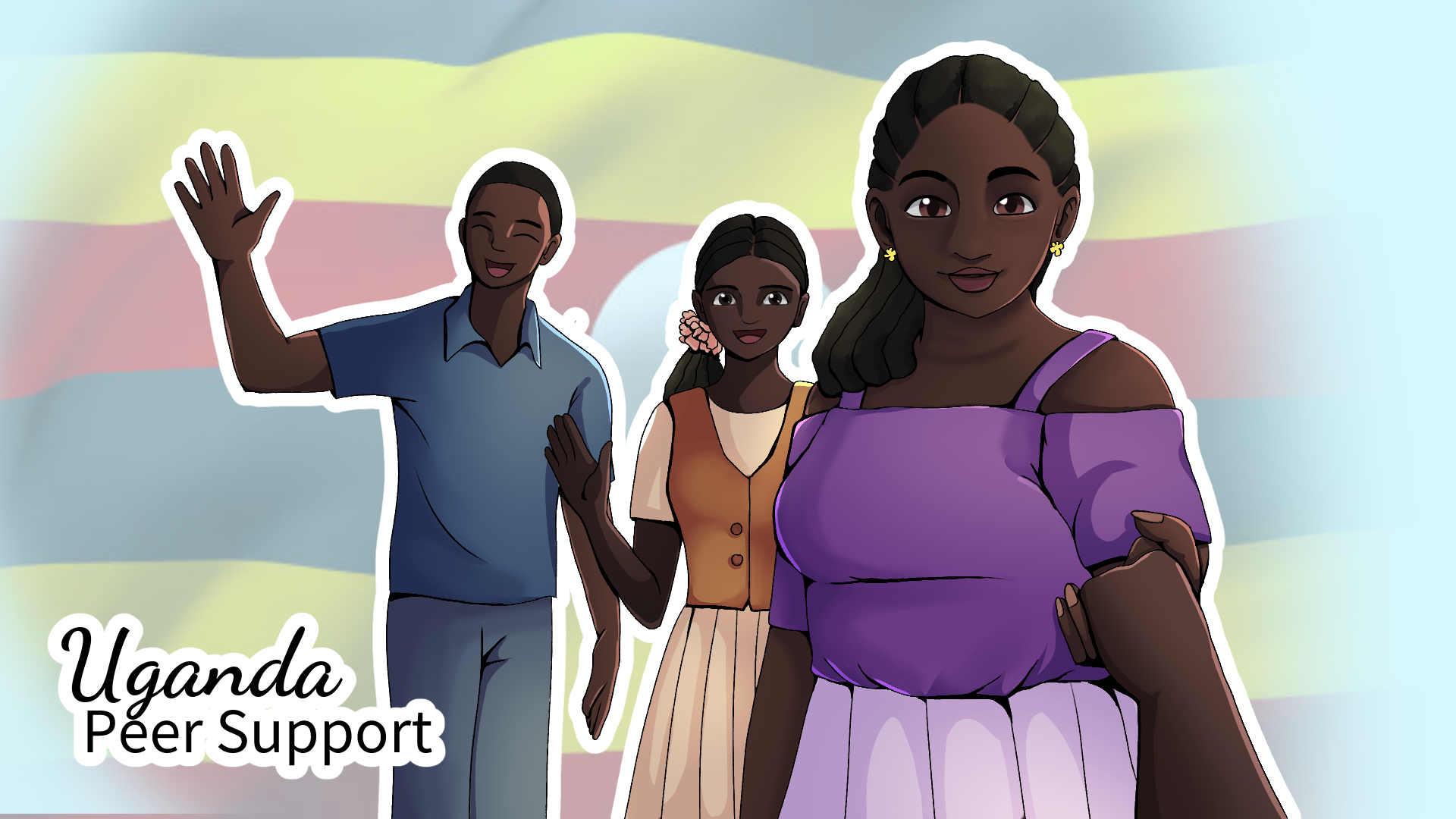
Triumph Over Despair
DJP Fellow Esther Suubi shares her journey of finding purpose in supporting others with psychosocial disabilities. She explores the transformative power of peer support and her evolution to becoming an advocate for mental health. “Whenever I see people back on their feet and thriving, they encourage me to continue supporting others so that I don’t leave anyone behind,” she says. “It is a process that is sometimes challenging, but it also helps me to learn, unlearn, and relearn new ways that I can support someone – and myself.”
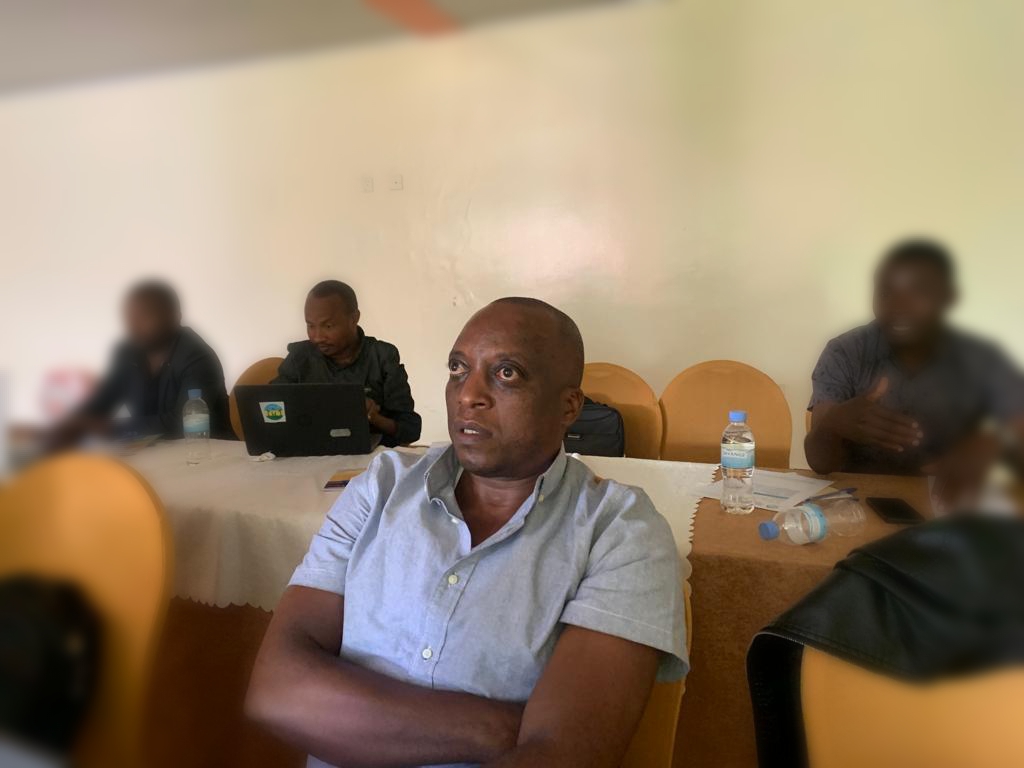
‘Our Vote Matters’
As Rwanda prepares for its presidential elections, voices like Daniel Mushimiyimana’s have a powerful message: every vote counts, including those of citizens with disabilities. Despite legal frameworks like the UN Convention on the Rights of Persons with Disabilities, challenges persist in translating these into practical, accessible voting experiences for over 446,453 Rwandans with disabilities. To cast a vote, blind people need to take a sighted relative to read the ballot. An electoral committee member must be present, violating the blind person’s voting privacy. “We want that to change in these coming elections,” says Mushimiyimana.
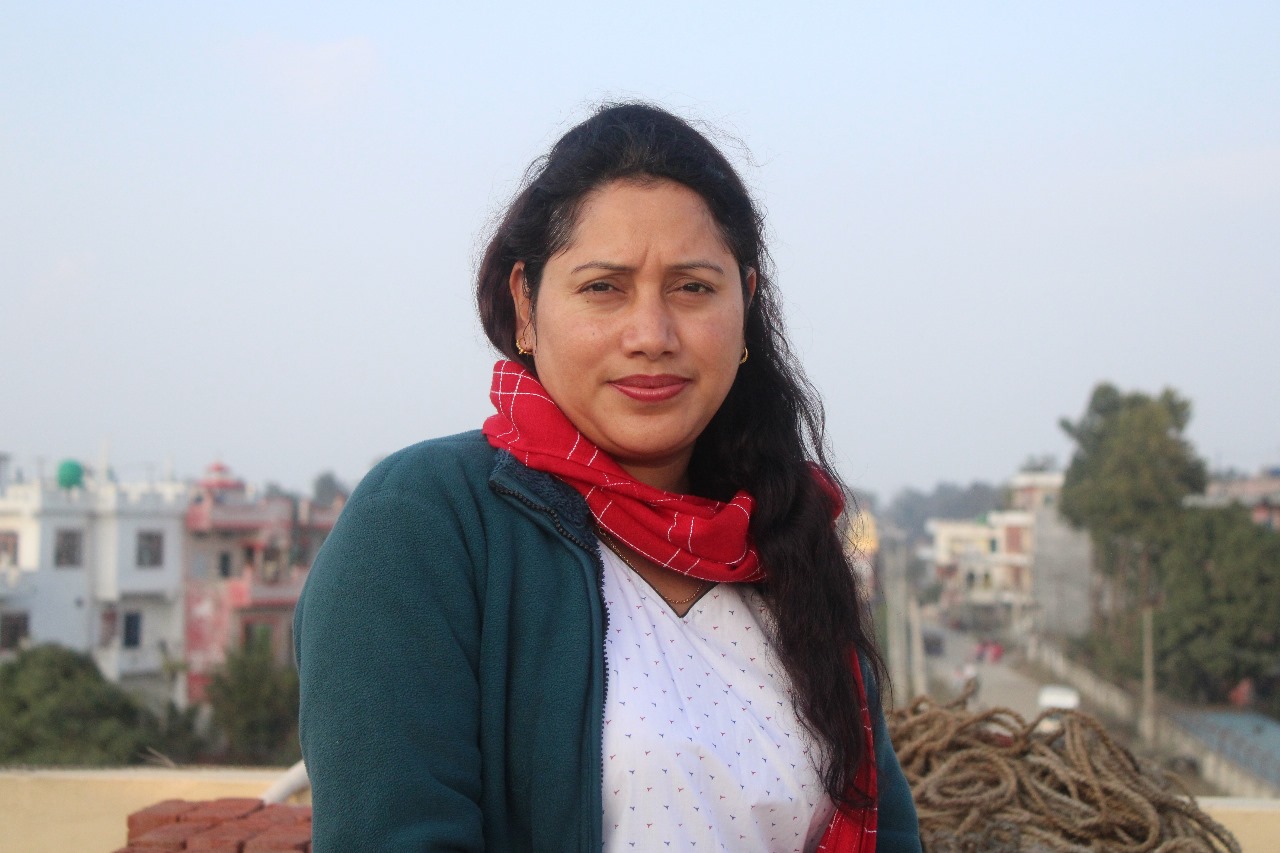
Voices Unsilenced
Often dismissed as a personal concern, mental health is a societal issue, according to Srijana KC, who works as a psychosocial counselor for the Nepali organization KOSHISH. KC’s own history includes a seizure disorder, which resulted in mental health challenges. She faced prejudice in both educational settings and the workplace, which pushed her towards becoming a street vendor to afford her medications. Now with KOSHISH, she coordinates peer support gatherings in different parts of Nepal. “It is crucial to instill hope in society, recognizing that individuals with psychosocial disabilities can significantly contribute,” she says.